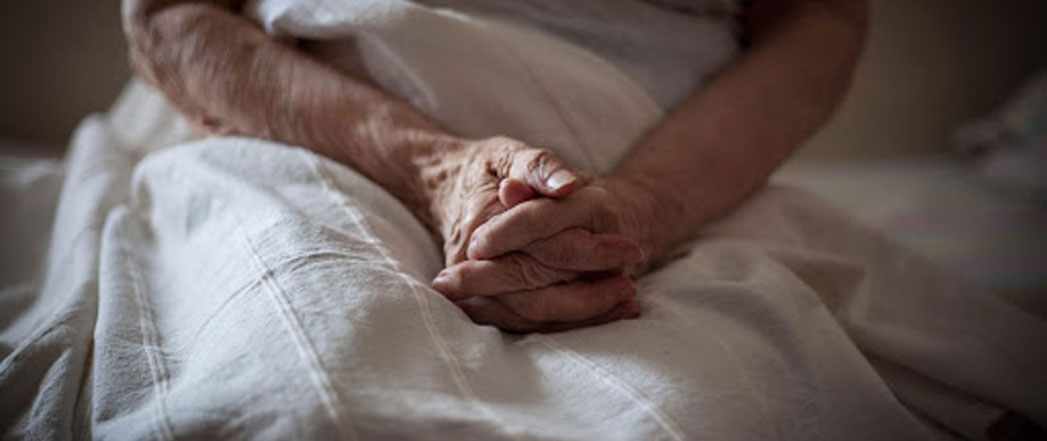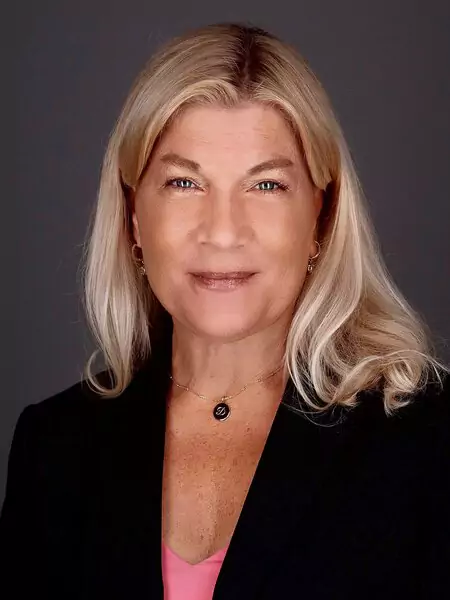West Palm Beach nursing home abuse
Because residents of nursing homes must rely on the assistance of others for daily life, they are particularly affected by instances of abuse. If a care facility or nursing home fails to provide your loved one with proper care due to understaffing or other reasons, you might be able to file a nursing home abuse claim.
Our legal team at Lytal, Reiter, Smith, Ivey & Fronrath includes some of the area’s most experienced attorneys who will dedicate themselves to the individual needs of your case. You’ll work with a skilled West Palm Beach personal injury attorney who will work to hold accountable those who have harmed your loved one.

What should you do if you suspect abuse at your loved one’s nursing home?
It may be a natural reaction to be outraged and possibly even panic if you have reason to believe your loved one is suffering abuse, but try to keep calm and follow these steps should you find yourself in that situation.
1. Make detailed notes of possible abuse
When visiting your elderly loved one, write down every sign of possible physical and emotional abuse that you see. This means making notes of any bruises or cuts that your loved one can’t explain and writing down your observations of any emotional or behavioral changes. If your loved one is irritable when they’re usually happy, make a note.
2. Gather evidence to support your suspicions
You may feel confident that your loved one is being abused, but unfortunately, the feeling isn’t enough on its own. You’ll need solid proof that abuse or neglect is occurring. Use your phone to get pictures of any physical abuse. Obtain their medical records and any financial documentation that could indicate something is wrong.
3. Contact a nursing home ombudsman
The Florida Department of Elder Affairs has a long-term ombudsman program designed to protect the rights of nursing home residents. Contact the program if you suspect abuse is occurring – they’ll investigate and take whatever action might be necessary. This could include making unannounced visits to the facility and applying pressure on administrators and personnel to resolve any issues the ombudsman observes.
4. Consult a nursing home abuse lawyer
Please don’t try to take the law into your own hands. If you feel your loved one is in immediate danger, call 911. You could also make alternative arrangements, so they’re safe.
Your next step should be to speak with a West Palm Beach nursing home abuse lawyer as soon as possible. A lawyer with Lytal, Reiter, Smith, Ivey & Fronrath will look into the alleged abuse and take action against all of those who are responsible.
How do I report abuse in West Palm Beach?
Another step to consider is reporting the abuse to the Florida Department of Health. You can also call the Florida Abuse Hotline at 1-800-96-ABUSE (1-800-962-2873).
What are the different types of nursing home abuse?
Unfortunately, there are many different forms of nursing home abuse. The following are just a few examples.
Physical abuse
Physical attacks often involve slapping, kicking, or punching a resident.
Emotional abuse
Emotional abuse, such as verbal intimidation, isolation, or humiliation, can be just as damaging as physical abuse.
Neglect
Caretakers may ignore residents entirely, failing to provide hygienic help, medical treatment, and even food and water.

Financial abuse
Elderly residents are sometimes forced to reveal their debit or credit card PINs. Some nursing home staff members have even forged a resident’s name on financial documents in an attempt to take their money.
Sexual abuse
This includes sexual assault, rape, harassment, indecent exposure, and more.
Elder abuse claims have filing deadlines. Make sure you file on time
In most instances, the statute of limitations for filing a nursing home abuse case is two years. This is the amount of time you have to take legal action against the facility. The clock starts ticking, so to speak, on the day the abuse took place or the date you realized the abuse was occurring.
Who can file a lawsuit against a nursing home in West Palm Beach?
Several people can take action against a nursing facility for suspected abuse. These include the following:
- The victim.
- A guardian of the victim.
- A family member or another person acting on the victim’s behalf.
- A representative of the victim’s estate.
What are potential damages you can claim?
There are two main types of damages (financial losses) that victims of nursing home abuse may be able to recover. These two main types are known as “economic” and “non-economic” damages.
Economic damages
These include medical expenses such as surgeries, hospital stays, rehabilitation, and others.
Non-economic damages
While economic damages are easy to prove, non-economic damages are more subjective. A skilled West Palm Beach nursing home neglect lawyer must prove subjective damages such as emotional distress, pain, and suffering.
We’ll work to obtain maximum compensation for your loved one
When you choose Lytal, Reiter, Smith, Ivey & Fronrath, you can rest assured that no other law firm will work harder to hold elderly abusers accountable for their actions.
What are common injuries to look out for in nursing home abuse cases?
If you notice any of the following during your next visit, please call our firm:
- Bed rail injuries
- Bedsores
- Broken bones
- Concussion or traumatic brain injury
- Falls
- Infections
Call 911 if you have any reason to believe your loved one is in imminent danger of further injury.
Can multiple parties be liable?
Abuse is rarely a one-time event perpetrated by an “evil” nurse – nursing homes are known to cover up employees’ abuse and continue as if nothing happened. This means that one or more parties may, and likely are, responsible for the harm done to your loved one.
Nurse or caregiver
These are the people who are usually with an elderly loved one most often – and usually the ones who commit abuse.
Nursing home facility
The facility that hired those who committed abuse will likely be held liable for your loved one’s injury.
Third-party trespasser or contractor
If someone who trespassed on nursing home property injured your loved one or they were harmed by a contractor doing work on the building, you may be able to file a lawsuit against them.
How can our West Palm Beach nursing home abuse lawyer prove abuse?
Our West Palm Beach nursing home abuse lawyers know how to investigate these sensitive cases. We’ll take a close look at the incident and then identify all the people and entities to blame. We’ll then work to make them pay dearly for the harm your loved one suffered.
Can I afford to hire a West Palm Beach nursing home abuse lawyer?
Hiring Lytal, Reiter, Smith, Ivey, and Fronrath will cost you nothing. However, we will receive no money unless you obtain total and fair compensation.
Our West Palm Beach nursing home abuse attorneys are ready to help
Speak with a West Palm Beach nursing home abuse lawyer by calling Lytal, Reiter, Smith, Ivey & Fronrath at (561) 655-1990 or contacting us online for a free consultation.
Discover your legal options today.
Our Recent Settlements



Discover your legal options today.Don't pay for someone else's negligence. Let us help.
"*" indicates required fields
Office Locations
-
515 N Flagler Dr 10th floor
West Palm Beach, FL 33401 -
110 SE 6th St
Ste 1410
Fort Lauderdale, FL 33301 -
2200 Broadway Space 301
Fort Myers, FL 33901
-
1850 SW Fountainview Blvd Ste 207
Port St. Lucie, FL 34986 -
150 E Palmetto Park
Suite 840
Boca Raton, FL 33432
- Phone: (561) 655-1990
- Fax: (561) 832-2932
- Español: (561) 833-1964
- EMAIL: info@foryourrights.com
COPYRIGHT © 2024 LYTAL, REITER, SMITH, IVEY & FRONRATH
PRIVACY POLICY
Important Notice: Safety is our top priority at Lytal, Reiter, Smith, Ivey & Fronrath. You can access our services from home via phone, online chat, Facetime, or Zoom. Our aim is to provide justice while safeguarding everyone’s health.
Developed and Optimized by



